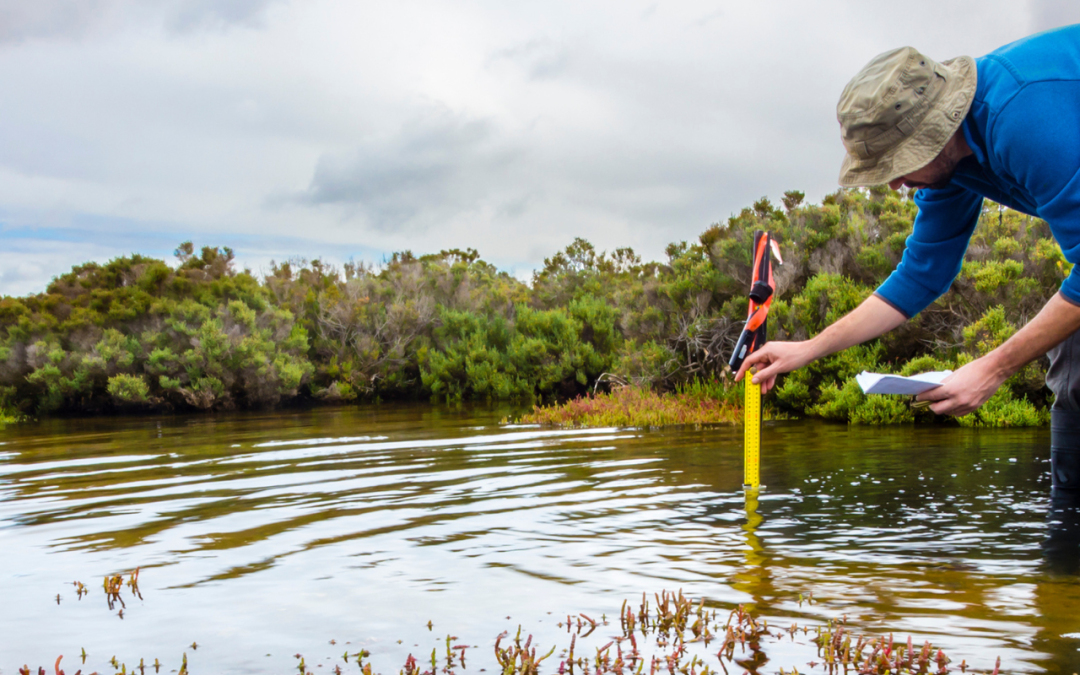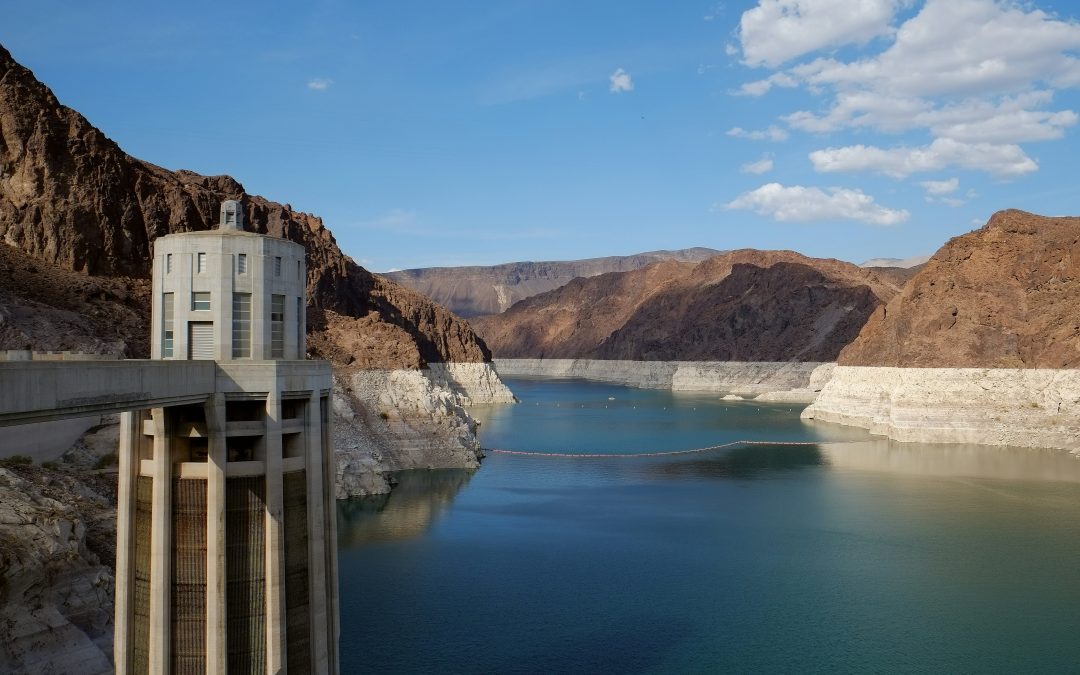
Automating Workflows for All with Open Water Foundation
Dive into TSTool, an open-source software from Open Water Foundation that allows organizations big and small to automate their workflows to make data-driven decisions even faster.

Dive into TSTool, an open-source software from Open Water Foundation that allows organizations big and small to automate their workflows to make data-driven decisions even faster.

Associate Director Sara Larsen reflects on the growth the Internet of Water and the evolution of water data sharing practices and tools.
Connect with Internet of Water Coalition leaders at WaterSciCon24! Learn what the IoW is all about and see our community’s work at these great sessions.

Members from the Center for Geospatial Solutions traveled to Uganda to build relationships and learn about environmental data challenges in Uganda.
Learn more about Geoconnex, the technology transforming our shared water data infrastructure, and how community involvement is at the core of its design.

A founding member of the IoW team, Kyle Onda knows a thing or two about the lengths it takes to translate the IoW Principles into practice. His diverse background offers a unique perspective on the challenges and opportunities ahead. Now, in his new role as Director of the IoW at CGS, he is poised to advance the vision of modern water data infrastructure even further.